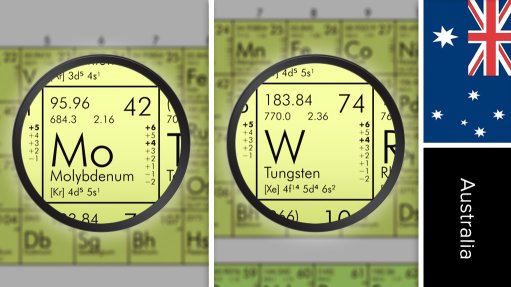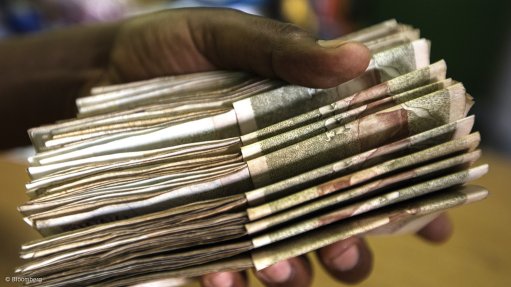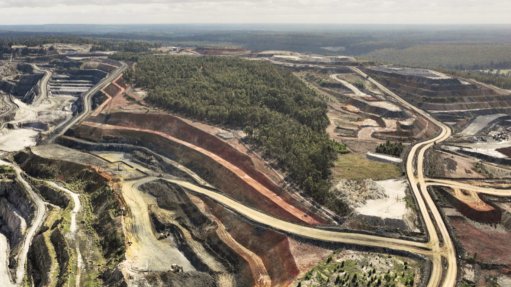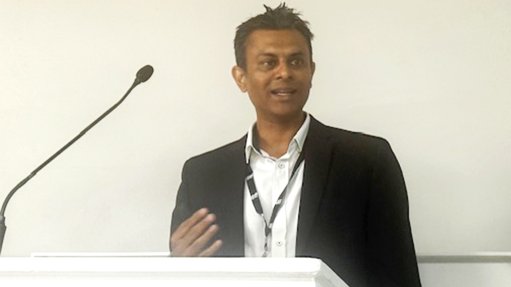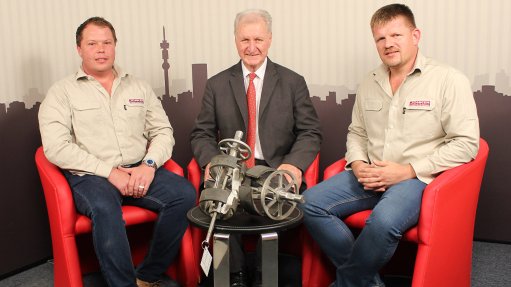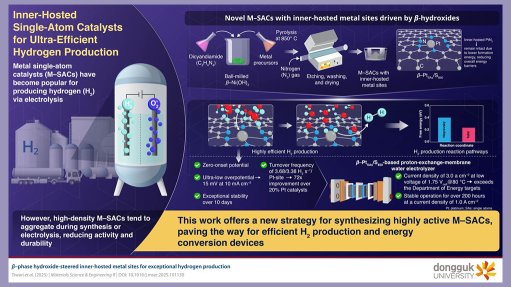Nigeria’s immense gas reserves offer great scope to boost economic growth
Nigeria is hoping to make the most of its immense gas reserves, but needs to refine its legislation and get its projects moving swiftly.
Professor Abubakar Sani Sambo, of the Nigerian Ministerial Task Force on Power, said Nigeria had the ninth-largest gas reserves in the world and was number one in Africa in terms of reserves. However, it ranked twenty-third in gas production, with Egypt topping the list of African producers.
He told the Africa Gas Forum, in Cape Town, that Nigeria had gas reserves of over 180-trillion cubic feet, with “vast and untapped” opportunities for the development of gas infrastructure and gas-based industries.
It is estimated that the country’s gas reserves could last 128 years.
He said the Nigerian Gas Master Plan (NGMP), when fully realised, was “to put off Nigeria’s flares completely and fully exploit the potential in gas for accelerated economic development” in pursuit of Nigeria’s goal of 10%-a-year gross domestic product growth.
“Having placed so much premium on the domestic market, especially for power generation, has affected the takeoff of a number of projects,” Sambo pointed out.
He said these included the expansion of the Trans-Saharan gas project, the floating liquefied natural gas project and the gas-to-liquids project, a joint venture between the Nigeria National Petroleum Corporation and American oil giant Chevron.
In terms of the NGMP, the Domestic Gas Supply Obligation Regulation mandates all oil and gas operators in Nigeria to set aside a predetermined amount of gas reserves and production for the domestic market. The Minister of Petroleum Resources stipulates the requisite amount of gas for a period of about five to seven years.
The gas obligation takes into consideration government’s aspirations for the domestic economy, ensuring adequate gas resources are dedicated for rapid industrialisation. The gas must be available to and affordable for the domestic sector.
Sambo said the strategic domestic sector took preference, as it had had the greatest multiplier effect on the economy, supplying power to residents and light commercial users. This was followed by the strategic industrial sectors – the sectors that use gas as feedstock in the creation of new products, such as fertiliser and methanol.
The commercial sector, which uses gas as an industrial fuel for manufacturing industries, fits into the third category.
“The NGMP is good but has to be made dynamic with the changing realities in the world,” said Sambo.
He said legislation also aimed to ensure Nigeria benefited from its resources.
“International oil companies have gained far too much benefit compared to Nigerians. Legislation will reverse that.”
The NGMP was developed in 2008 to provide the framework for Nigeria to maximise value for its gas resources by leveraging the multiplier effect of gas in the domestic economy, while also optimising Nigeria’s share in the high-value export market.
Article Enquiry
Email Article
Save Article
Feedback
To advertise email advertising@creamermedia.co.za or click here
Press Office
Announcements
What's On
Subscribe to improve your user experience...
Option 1 (equivalent of R125 a month):
Receive a weekly copy of Creamer Media's Engineering News & Mining Weekly magazine
(print copy for those in South Africa and e-magazine for those outside of South Africa)
Receive daily email newsletters
Access to full search results
Access archive of magazine back copies
Access to Projects in Progress
Access to ONE Research Report of your choice in PDF format
Option 2 (equivalent of R375 a month):
All benefits from Option 1
PLUS
Access to Creamer Media's Research Channel Africa for ALL Research Reports, in PDF format, on various industrial and mining sectors
including Electricity; Water; Energy Transition; Hydrogen; Roads, Rail and Ports; Coal; Gold; Platinum; Battery Metals; etc.
Already a subscriber?
Forgotten your password?
Receive weekly copy of Creamer Media's Engineering News & Mining Weekly magazine (print copy for those in South Africa and e-magazine for those outside of South Africa)
➕
Recieve daily email newsletters
➕
Access to full search results
➕
Access archive of magazine back copies
➕
Access to Projects in Progress
➕
Access to ONE Research Report of your choice in PDF format
RESEARCH CHANNEL AFRICA
R4500 (equivalent of R375 a month)
SUBSCRIBEAll benefits from Option 1
➕
Access to Creamer Media's Research Channel Africa for ALL Research Reports on various industrial and mining sectors, in PDF format, including on:
Electricity
➕
Water
➕
Energy Transition
➕
Hydrogen
➕
Roads, Rail and Ports
➕
Coal
➕
Gold
➕
Platinum
➕
Battery Metals
➕
etc.
Receive all benefits from Option 1 or Option 2 delivered to numerous people at your company
➕
Multiple User names and Passwords for simultaneous log-ins
➕
Intranet integration access to all in your organisation







